Vanilla Impact: Uncle Alfred’s Mission in Reviving Spice
Alfred Phua calls himself an accidental farmer.
A social worker for 35 years, Uncle Alfred, as he is fondly referred to, ended up dabbling in agriculture at some of the previous NGOs he worked with. First natural farming, then mushroom growing and later vermicompost which led him to vanilla and the founding of Vanilla Impact Story (VIS) in Sibu.
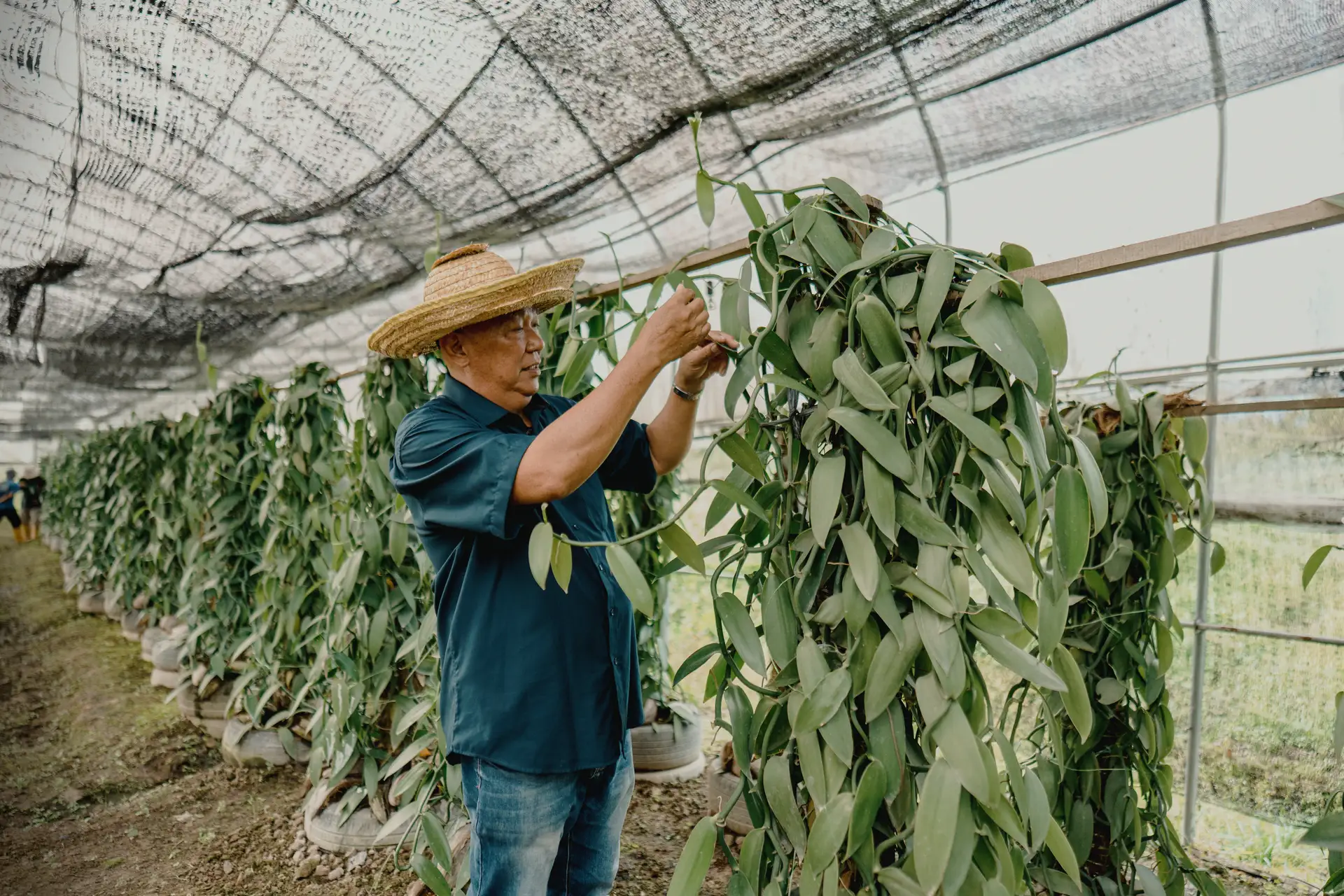
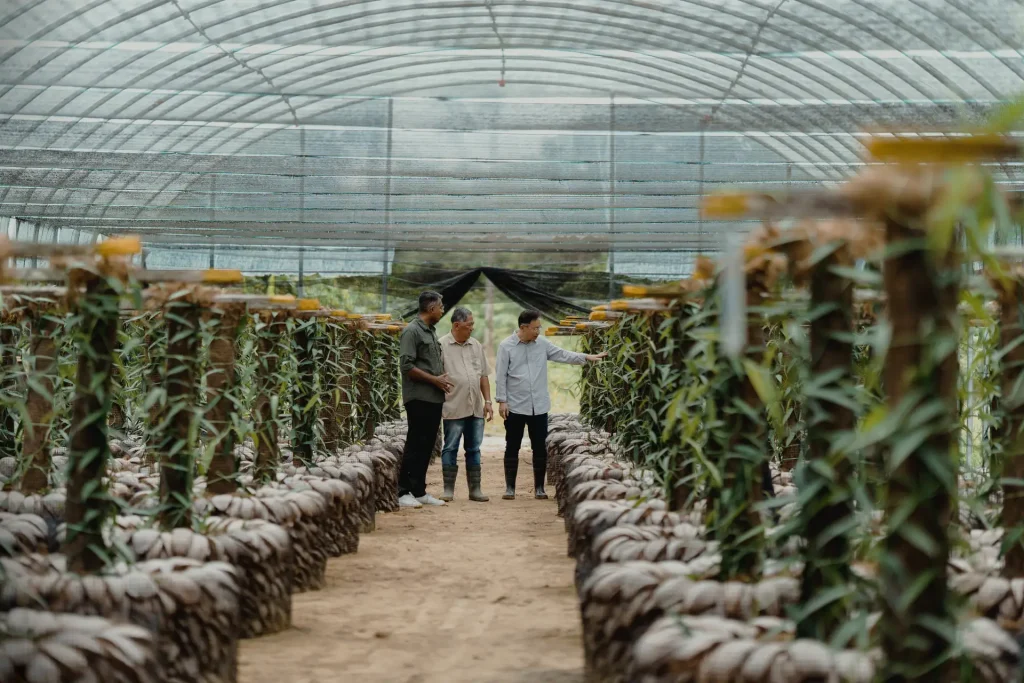
Considered the second most expensive spice after saffron, its high market value can make vanilla growing a lucrative endeavour. In 2019, the global vanilla market reached unprecedented heights, with prices soaring above USD 600 per kg.
In 2023, global trade of Vanilla beans reached USD 610 million of which Malaysia‘s exports amounted to USD 22,600 making us the 69th largest exporter out of 122 worldwide.
Patience and passion are needed to grow this notoriously fickle plant. It takes years for a vine to flower and when it does, there is only a 4 hour window to painstakingly hand pollinate each one.
“We’re willing to wait not only for the plant but also for the (right) people,” Uncle Alfred says referring to the farm’s unique hiring model.
In collaboration with partner farm, HIC Agro PLT, the workers at VIS are made up of local community members and former convicts, in a bid to provide job opportunity, social mobility and meaningful reintegration through agriculture.
The Human Factor
The recidivism rate among former prisoners nationwide reportedly decreased by one per cent to 17.06 per cent in 2023. Factors such as employment opportunities, stable housing and social support contribute to lowering this rate.
Long before founding this social enterprise, Uncle Alfred believed that true change starts with people — and often, the smallest acts of honouring dignity. “I strongly believe in sustainability that we not only provide shelter and ration. They need income; more importantly they need to earn the ability to stand on their own two feet with dignity.”
Presently, VIS hires five full time workers with a basic pay of RM1,700 and benefits such as lodging and a promise of profit-sharing upon a successful harvest.
Stanley Siva, Head of Social Enterprise at Yayasan Hasanah feels that a sense of proximity to community is pivotal to a social enterprise’s ability to scale.
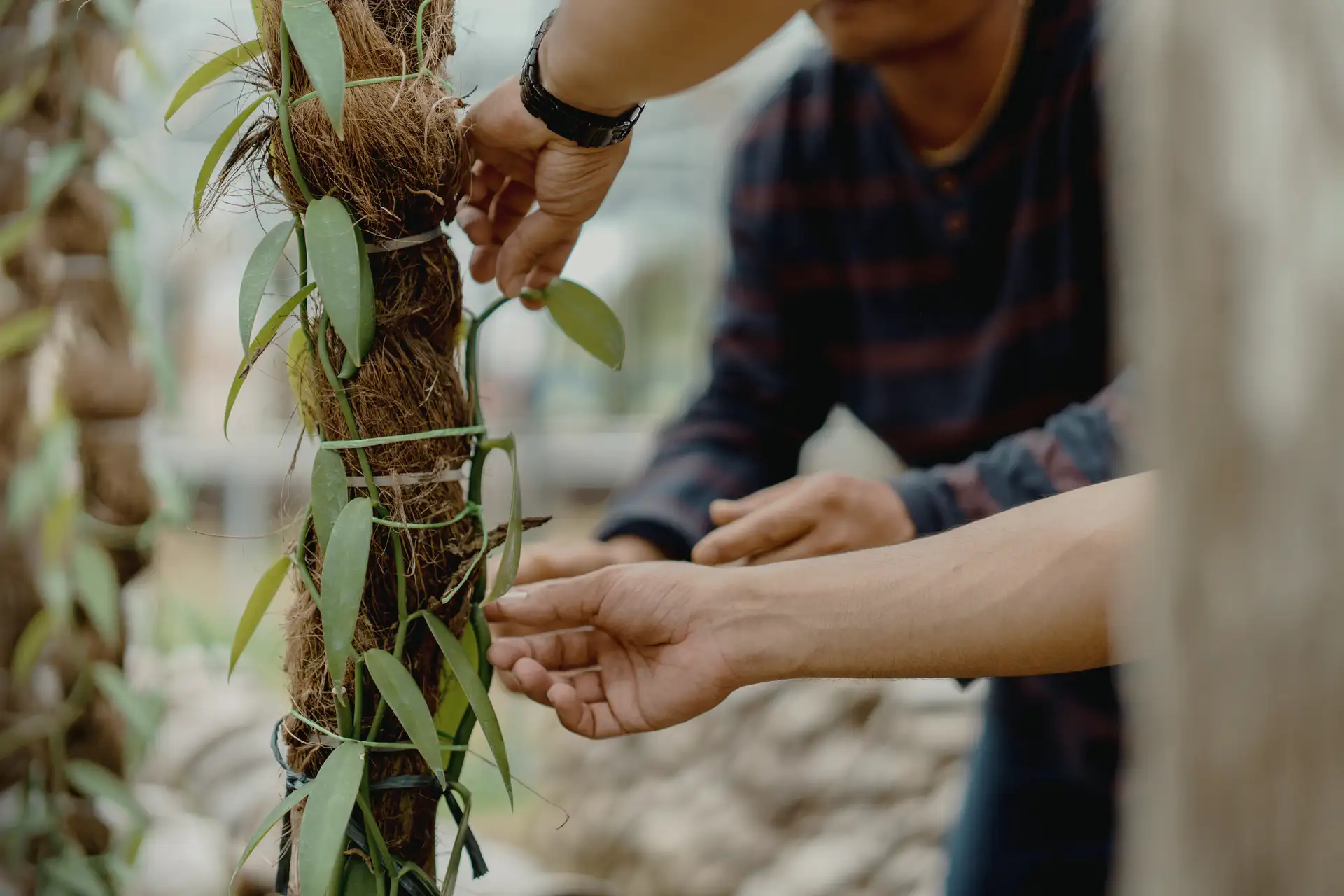
We’re willing to wait not only for the plant but also for the (right) people.”
Alfred Phua - Founder, Vanilla Impact Story
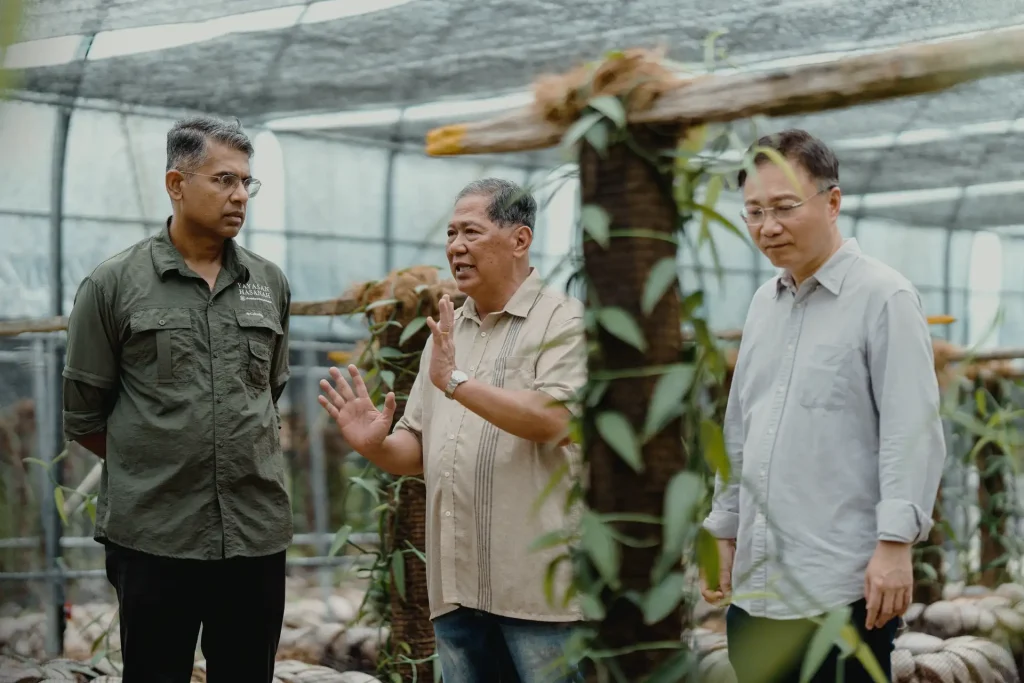
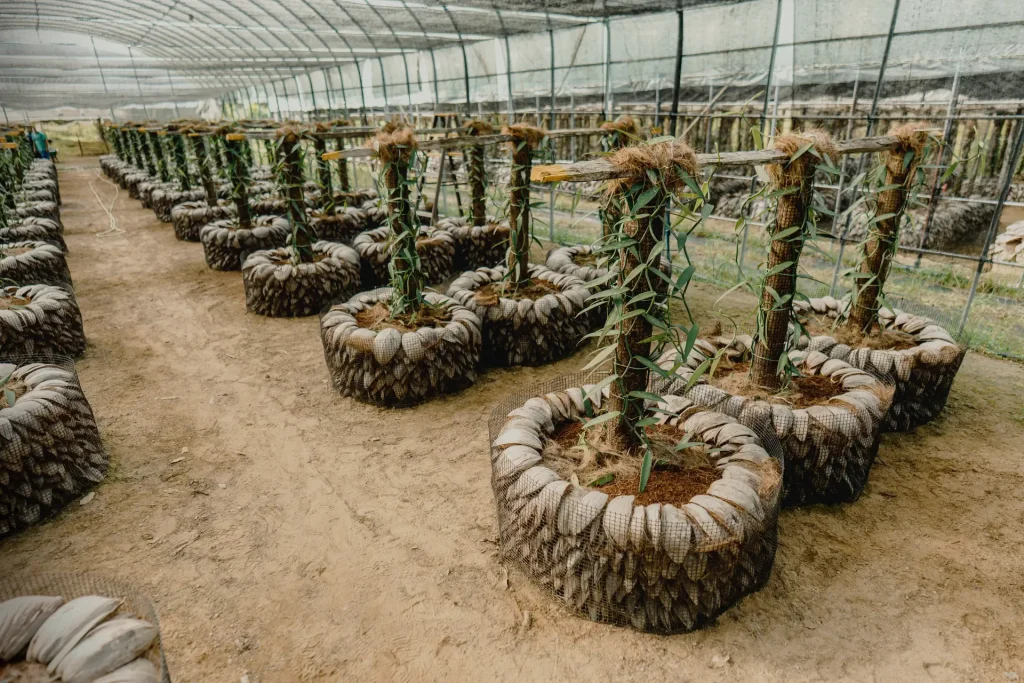
Besides scalability, innovation and demonstrated outcomes are eligibility requirements for the Hasanah Social Enterprise Fund (HSEF), an initiative by Yayasan Hasanah (“Hasanah”) in collaboration with the Ministry of Finance (MoF) that supports mission-driven businesses with measurable social or environmental impact.
HSEF support enabled VIS to build 2 greenhouses and purchase 1,500 cuttings of the Planifolia and Tahitensis species.
On the rationale for supporting social enterprises, Stanley says: “Using a commercial model, it is able to deliver social and environmental impact in a more sustainable fashion. They are able to reinvest the surplus they make from their organisation back in the communities they are serving or problems they are trying to solve.”

From Crop to Commerce
“In the agro business — especially when it comes to commodity crop — patience is required. I cannot hasten the process as I want to make it as environmentally-friendly and natural as possible,” says Uncle Alfred.
Maintaining a farm is hard work, as Henry Wong discovered firsthand. Having previously worked in restaurant kitchens or served as crew, he knew nothing about vanilla when he came on board. He is currently interning in a farm in Penang, learning best practices of vanilla planting including hand pollination.
“He failed the first time!” Uncle Alfred says with a laugh. “The second round was 30% successful and the third 70% so good job!”
“Not many young people work on farms, probably because it is hard work under the sun. I too found it difficult at first but I kept trying and now it is normal to me. I think it boils down to interest and if you want to try something, just go for it,” says Henry who is starting afresh at VIS.
Another part of this project involves training 14 contract farmers in Sirian, Bau, Kuching and Puncak Borneo. To date they have sold RM10,000 in cuttings. VIS also has a guaranteed-buy-back arrangement at the prevailing market price with some of these farmers.
Uncle Alfred tells us that vanilla as a spice has a long shelf life but to further stretch its use, VIS is also collaborating with other farmers from Sabah and Johor by buying their beans to be processed into vanilla products such as moisturiser and coffee.
This growing ecosystem reflects a broader shift in national priorities—where enterprise, impact, and sustainability increasingly go hand-in-hand.
“Since 2022, the MoF has provided a fair amount of funding through Hasanah. We see this as a very big signal that the government views the social impact sector as very impactful to help Malaysia move up the socioeconomic value chain as well as in achieving some of our net zero goals,” Stanley says.
In today’s world of chasing speed and yield, VIS offers something different—a model of patient growth, rooted in trust and the quiet belief that people, like vanilla, bloom in their own time.
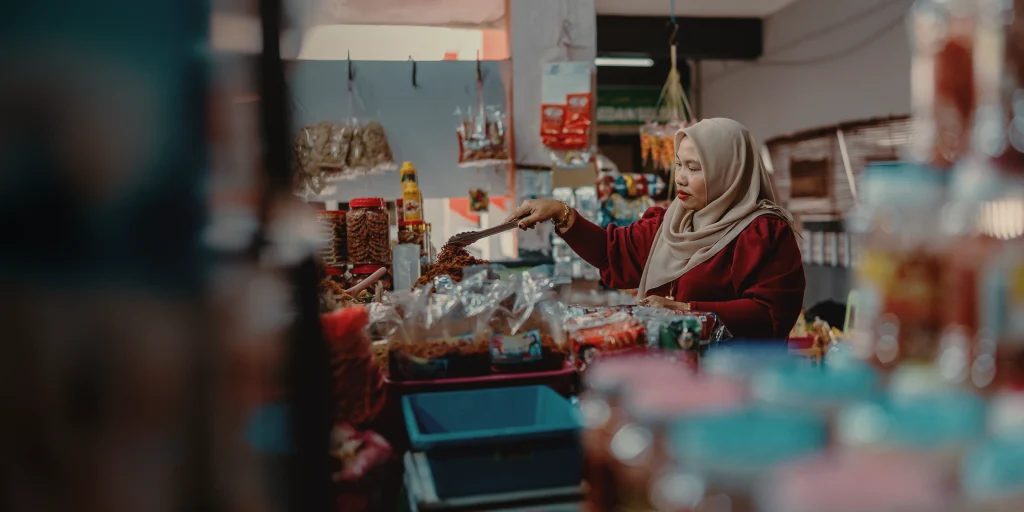
Breaking Tradition: Pasar Besar Siti Khadijah’s Digital Revolution
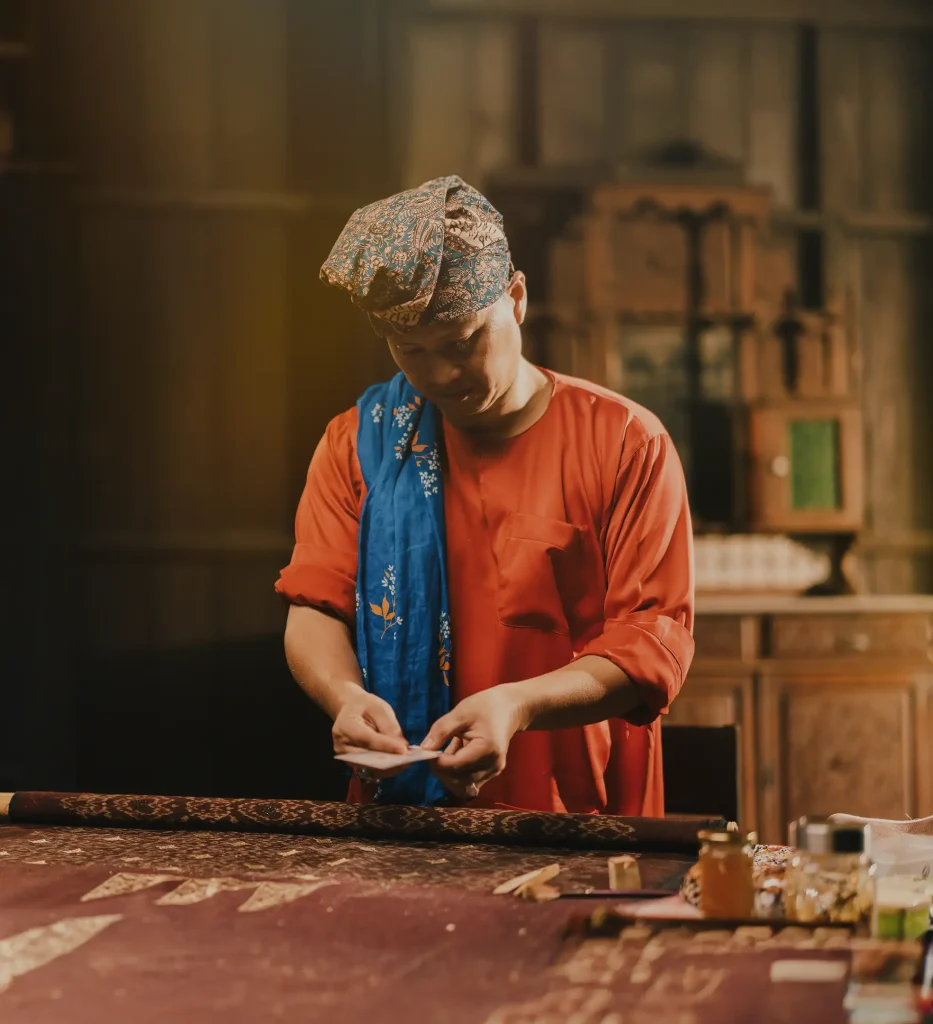
Weaving a Golden Legacy: The Revival of Telepuk in Terengganu
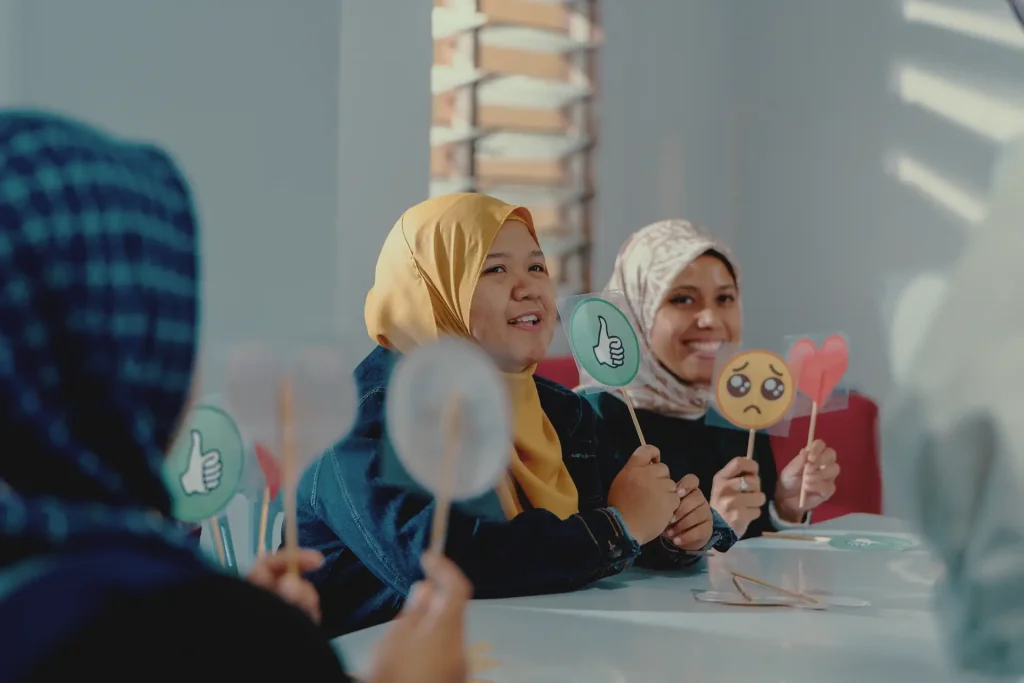
Mental Health Warriors of PPR Batu Muda
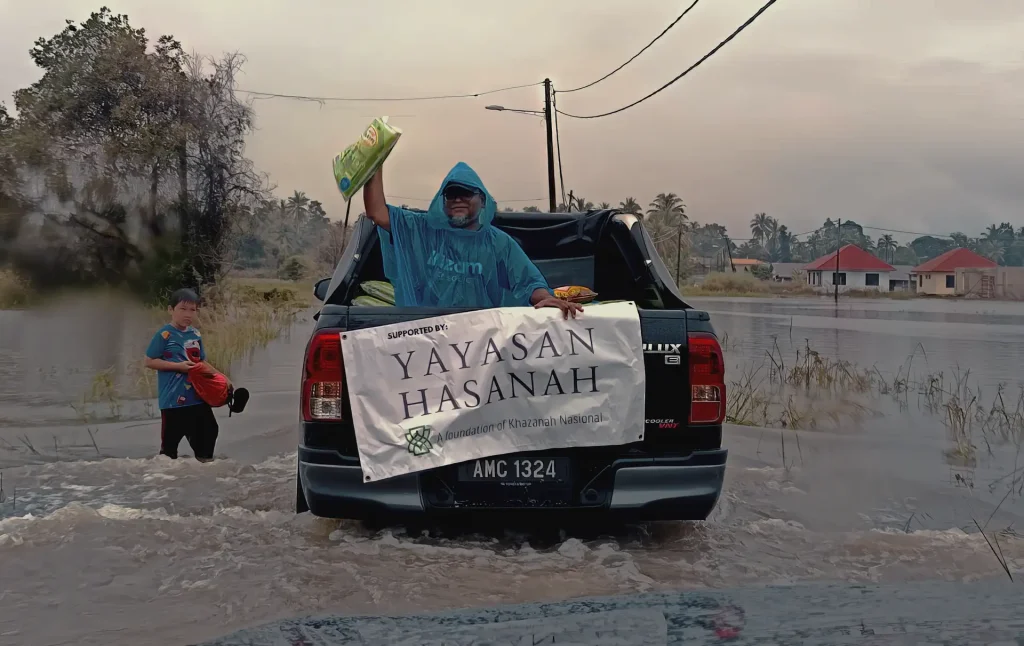
Everyday Heroes: The Malaysians Who Show Up in Times of Crisis
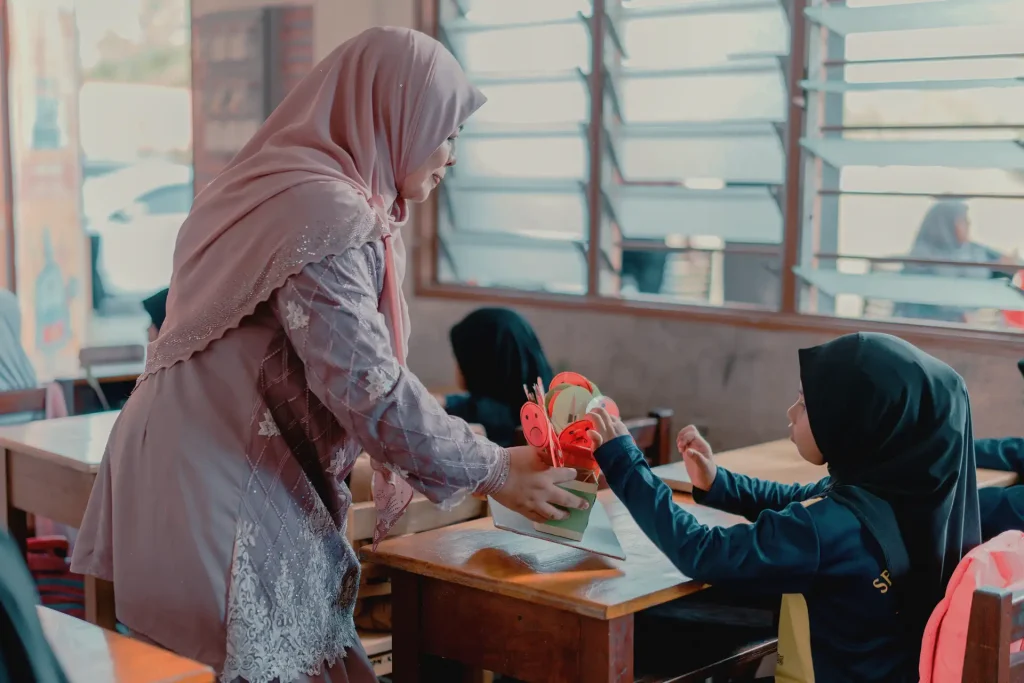
Breaking Taboos: Teachers Lead Kelantan’s Sexuality Education Revolution
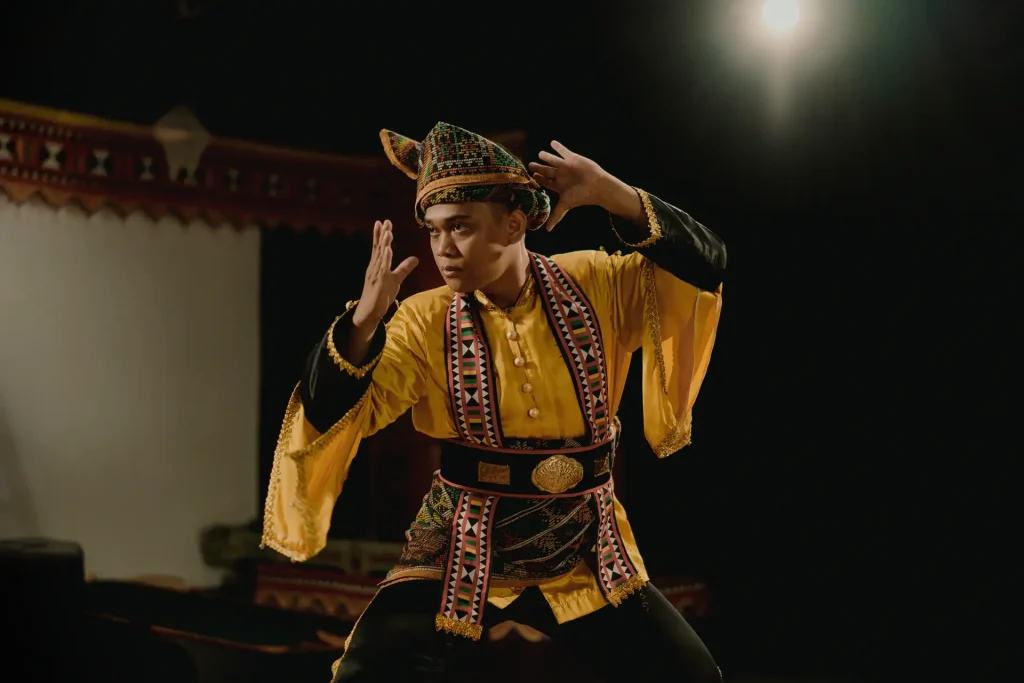
Keeping A Traditional Dance Alive: An Homage to Kuda Pacu
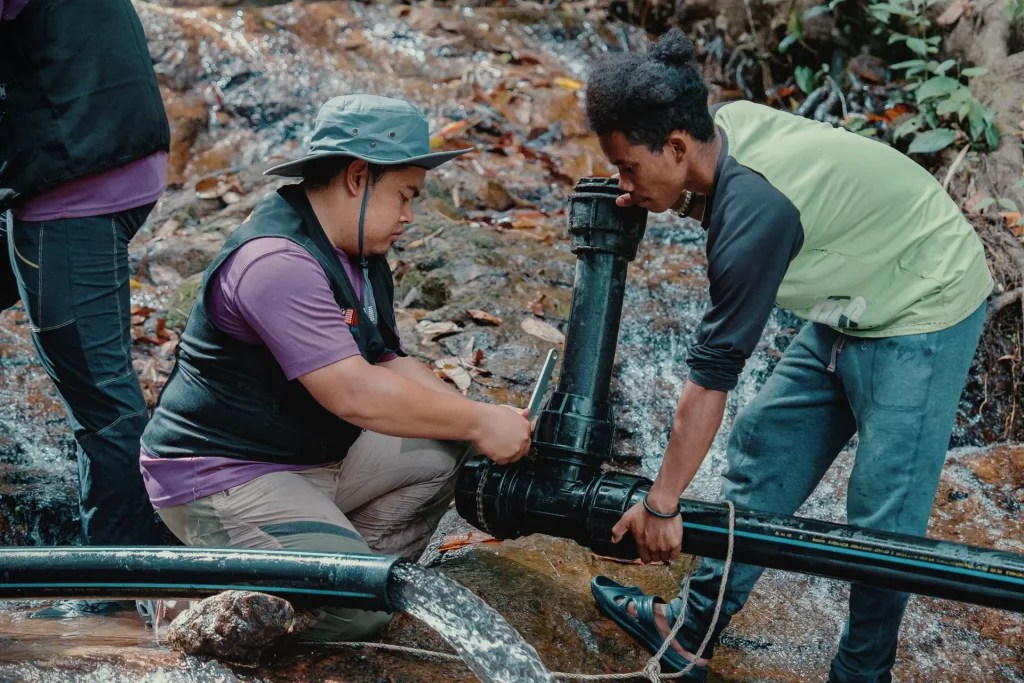
Darkness to Light: Water Access and Solar Power Transforms Perak’s Village

Abbernaa: From Classical Dance to Policy Research
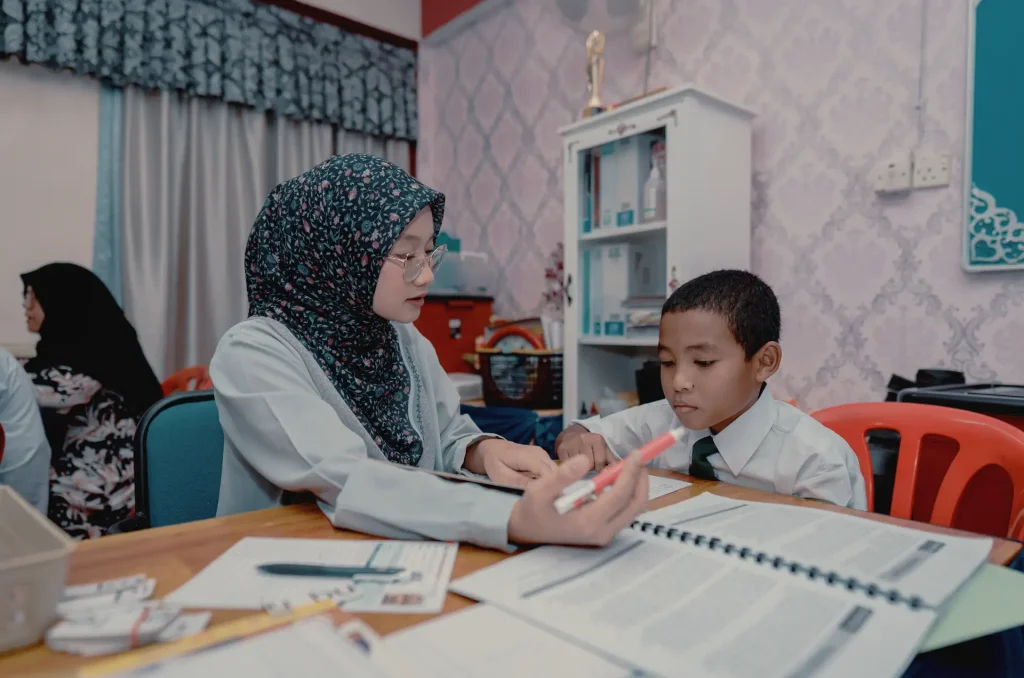
JomBaca: Driving Learning Recovery, Reigniting Dreams for Our Children
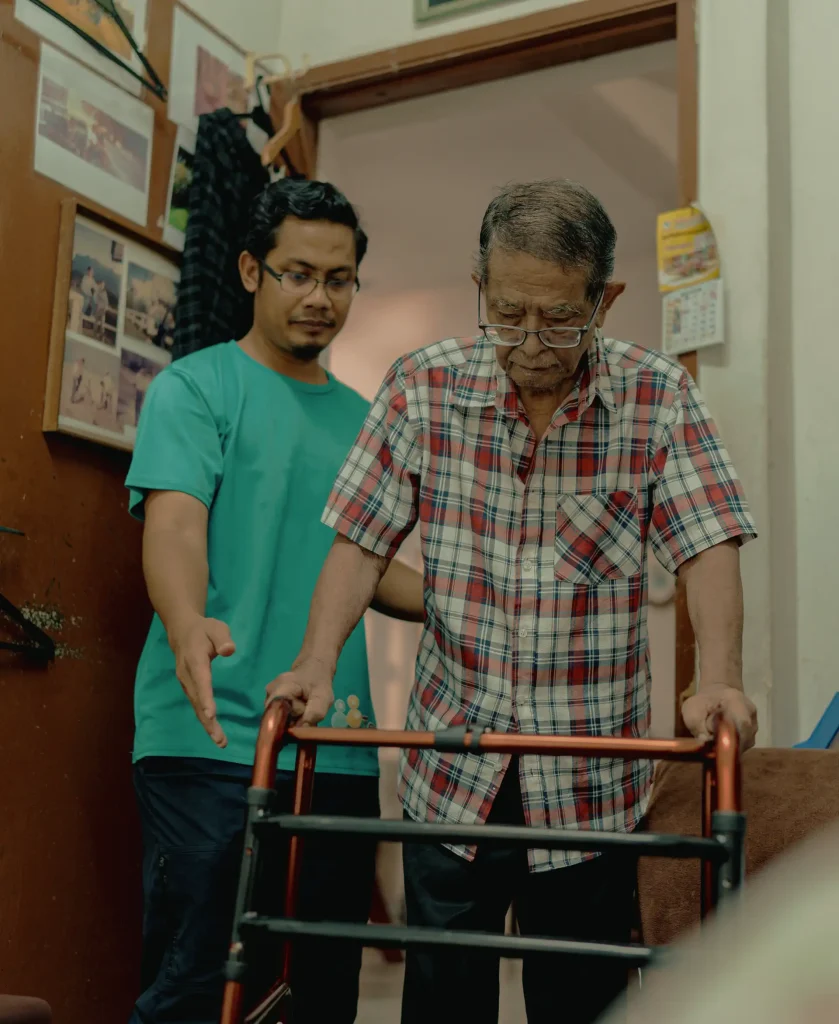
Teman: Fighting Loneliness in an Aging Malaysia
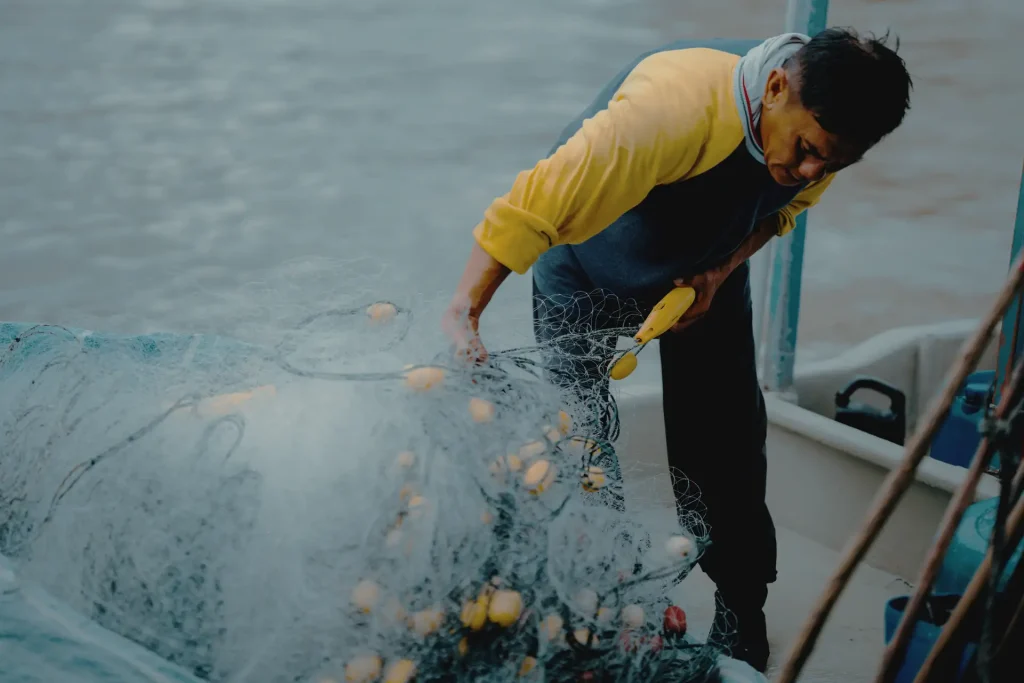
Net Positive: Fishers Protecting Marine Mammals
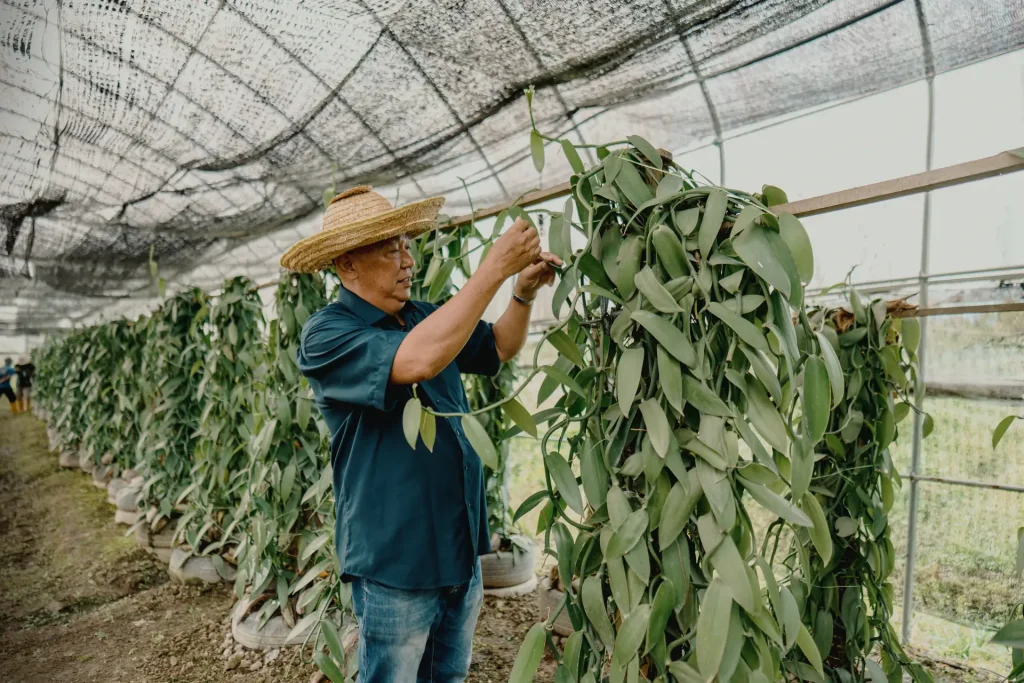
Vanilla Impact: Uncle Alfred’s Mission in Reviving Spice
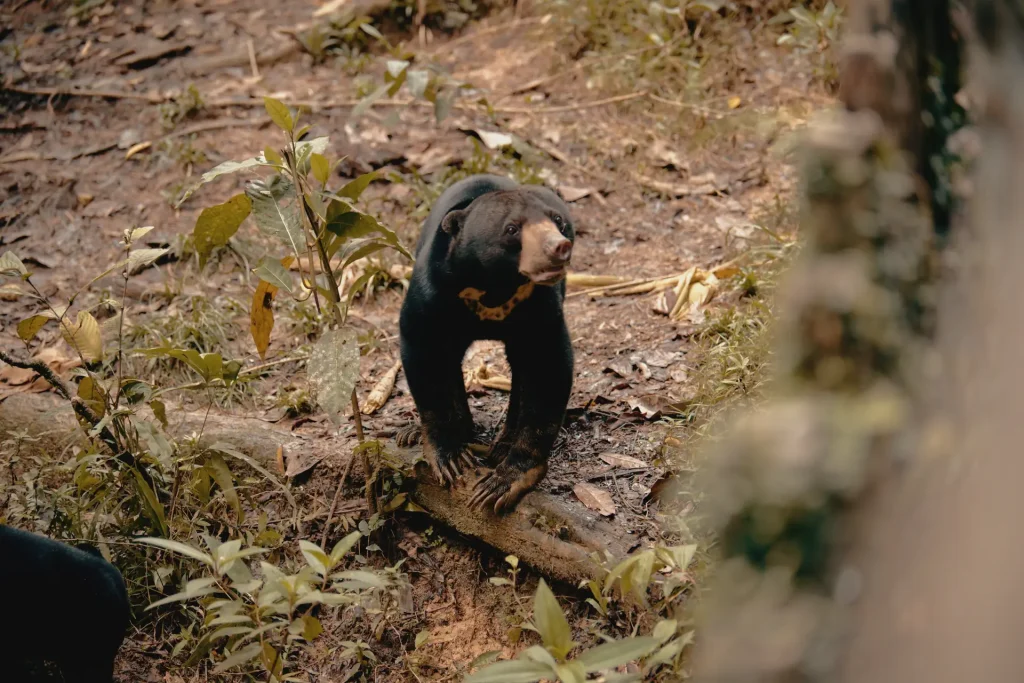
The Mission to Save our Bornean Sun Bear